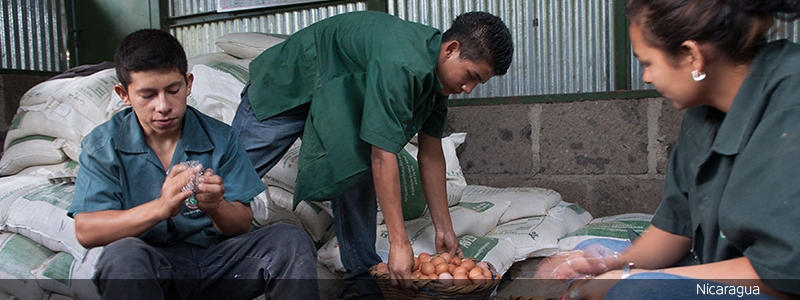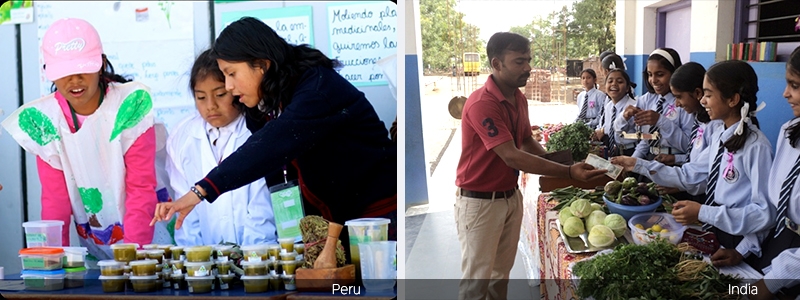Problem: The disconnect between academics, real life and juvenile unemployment, in addition to the lack of financing for schools, are the principal issues that the project faces. The organization Teach a Man to Fish, founded by professionals from the United Kingdom, created, in 2011, the annual global entrepreneurship competition among schools. The idea was to develop skills among the students through the promotion of business activities that are lucrative and socially responsible, so that instead of looking for jobs students help create them.

Solutions: The competition offers support to students and teachers in their effort to develop projects and create lucrative businesses, engendering positive social and environmental change. Schools can simply register on the website and obtain access to educational resources, such as lesson planning and business models. The teachers discuss the topic with the students for the period of a month. The students then prepare a business idea and submit it to the competition. Afterwards, the group develops the project under the mentorship of the program. The work is integrated into the school curriculum and can be discussed within the framework of various academic disciplines. The students then prepare a business plan. This phase lasts for approximately six weeks. Finally, the schools launch and manage the companies for at least four months, after which the students prepare a final report on the experience. After the successful completion of each phase by the schools, the organization rewards the best with money, laptops and cameras. One of the best examples within the competition was the Escuela Concertada Solaris school from Peru, which created a company that produces and sells jams. The school won awards in 2012 and 2013 for its work. The companies generated an average revenue of approximately US$ 500 during the first four months of business.

Outcomes: This learning process is highly relevant and practical for the students. They can see how an education can help them in the real world as they acquire skills, knowledge, appropriate behaviors and the traits that employers are interested in, such as teamwork, communication, problem solving and discipline. The presence of these traits improves students' scholastic results. When schools participate, they earn extra income. In 2014, 1,250 schools from 93 countries participated in the competition, submitting business ideas such as a school newspaper in India and a car wash in South Africa. The project ranked among the 15 finalists at the Wise award ceremoney for 2014.







